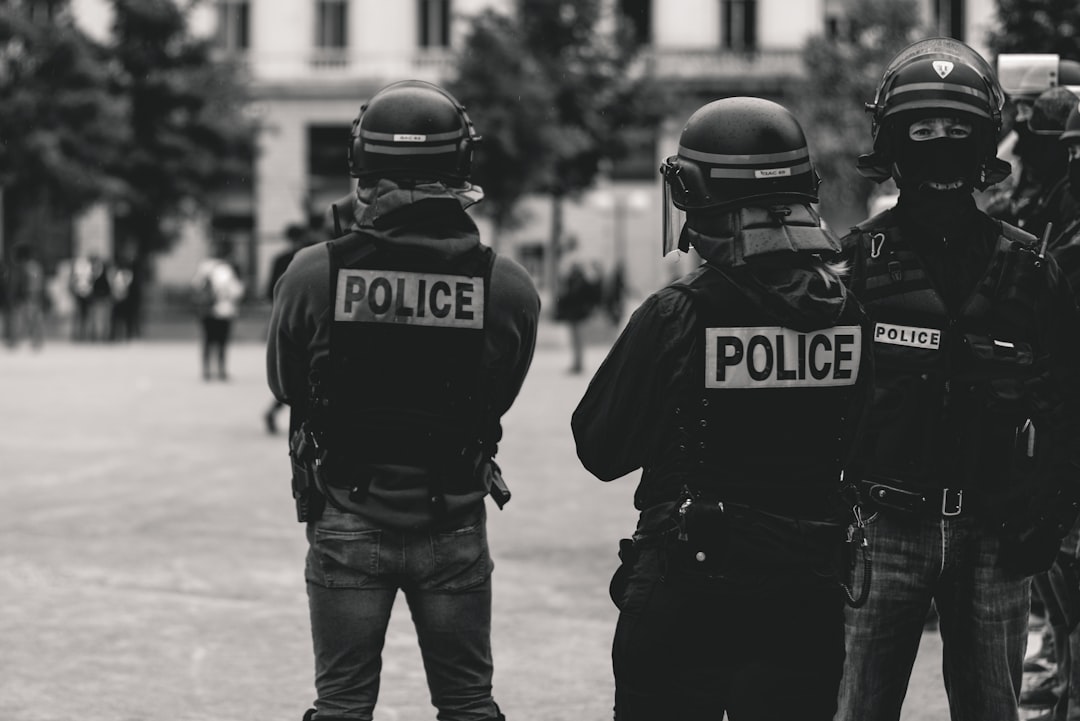What is it about?
We set out to understand differences between people who say yes to the Covid-19 vaccine, those who say no to it and those who are unsure of having the Covid-19 vaccine. We found that vaccine attitudes, vaccine benefit and risk beliefs, plus social influence and civic responsibility differed between vaccination intention groups.
Featured Image

Photo by CDC on Unsplash
Why is it important?
In countries which have adopted a vaccines-only approach to Covid-19, high vaccine acceptance is key to reducing severe illness, hospitalisation and death from Covid-19. Our findings show the importance of increasing vaccine confidence and addressing misinformation, as well as targeting altruistic motivations by emphasising the societal impact of a person's decision to vaccinate.
Perspectives
The Covid-19 pandemic has been stressful and emotional, and I am grateful to have had the opportunity to engage in this important and meaningful work on understanding Covid-19 vaccine hesitancy. It was a great pleasure to work with my amazing colleagues on this project, and the early media interest in our work meant we were part of the narrative. It was an incredible learning experience, not only for the student researchers on our team!
Dr Susanna Kola-Palmer
Department of Psychology, University of Huddersfield
Read the Original
This page is a summary of: The psychological and behavioural correlates of COVID-19 vaccine hesitancy and resistance in Ireland and the UK, Acta Psychologica, May 2022, Elsevier,
DOI: 10.1016/j.actpsy.2022.103550.
You can read the full text:
Resources
Contributors
The following have contributed to this page










